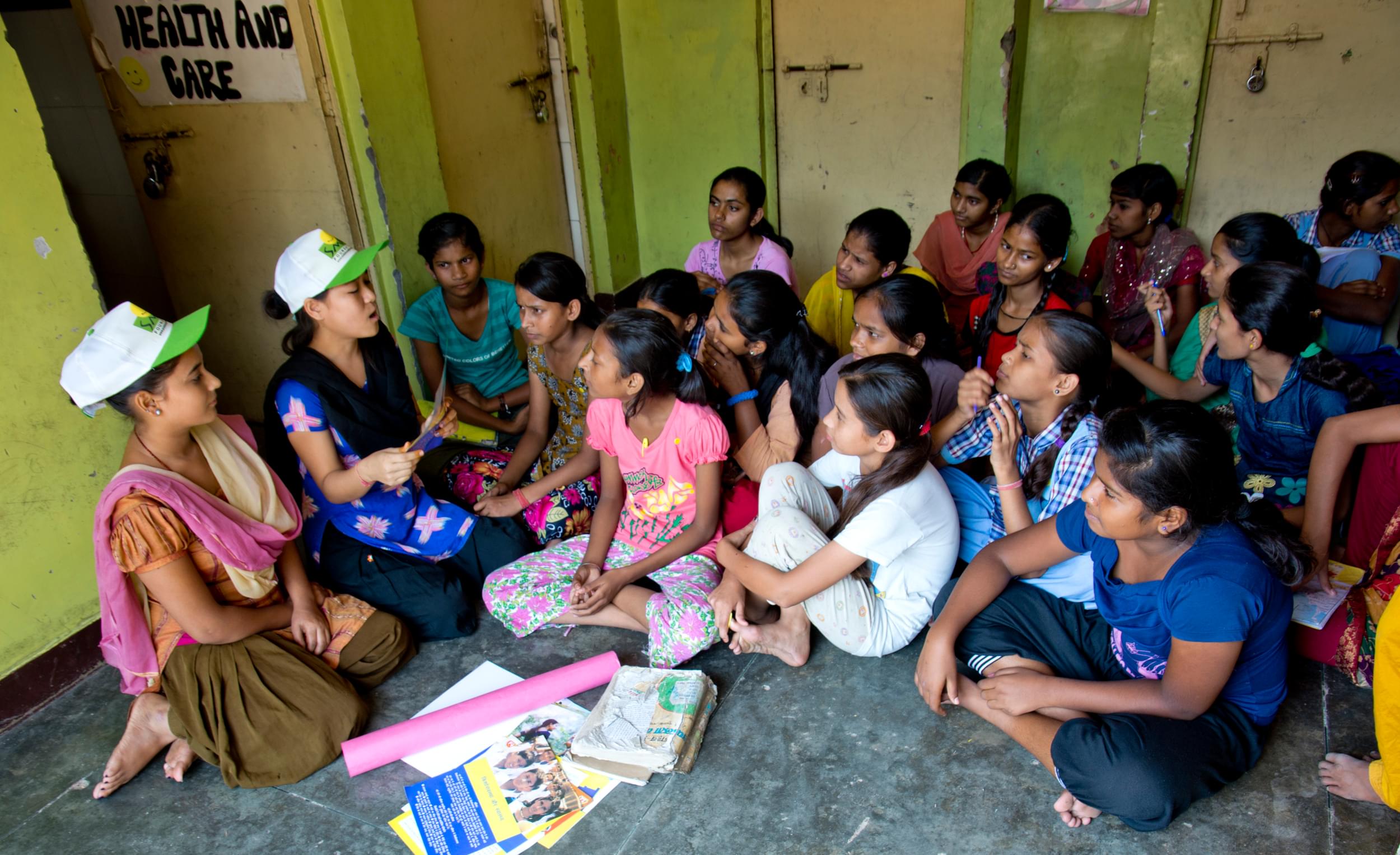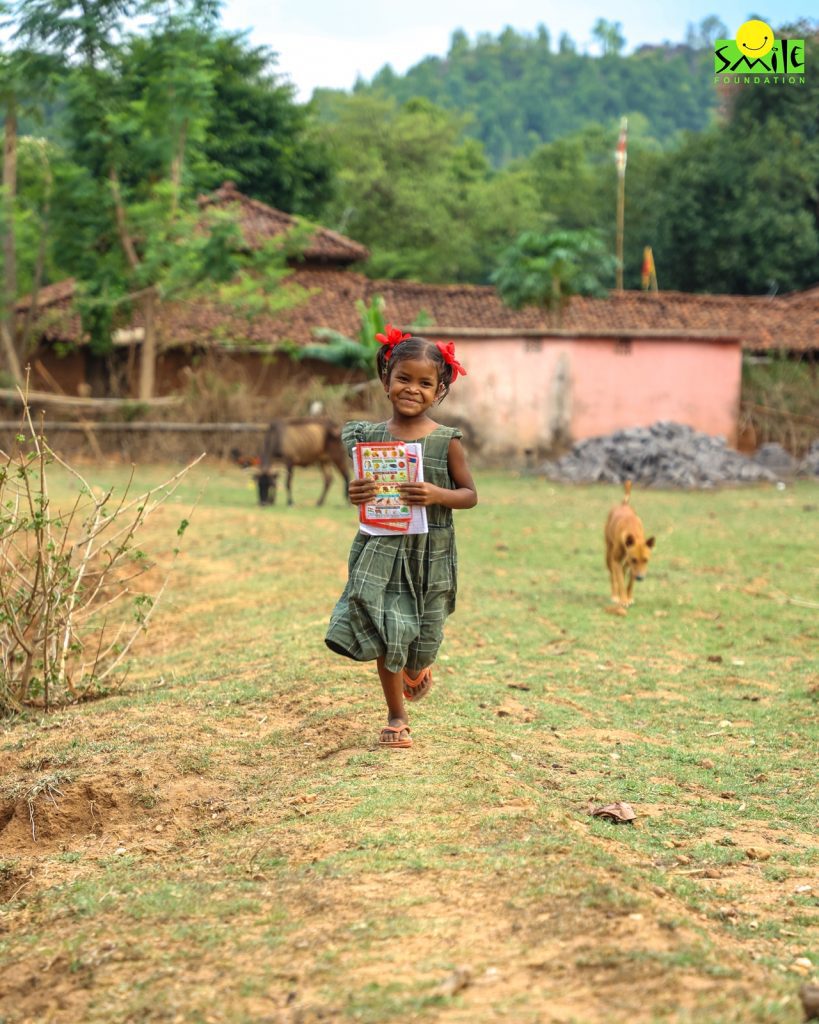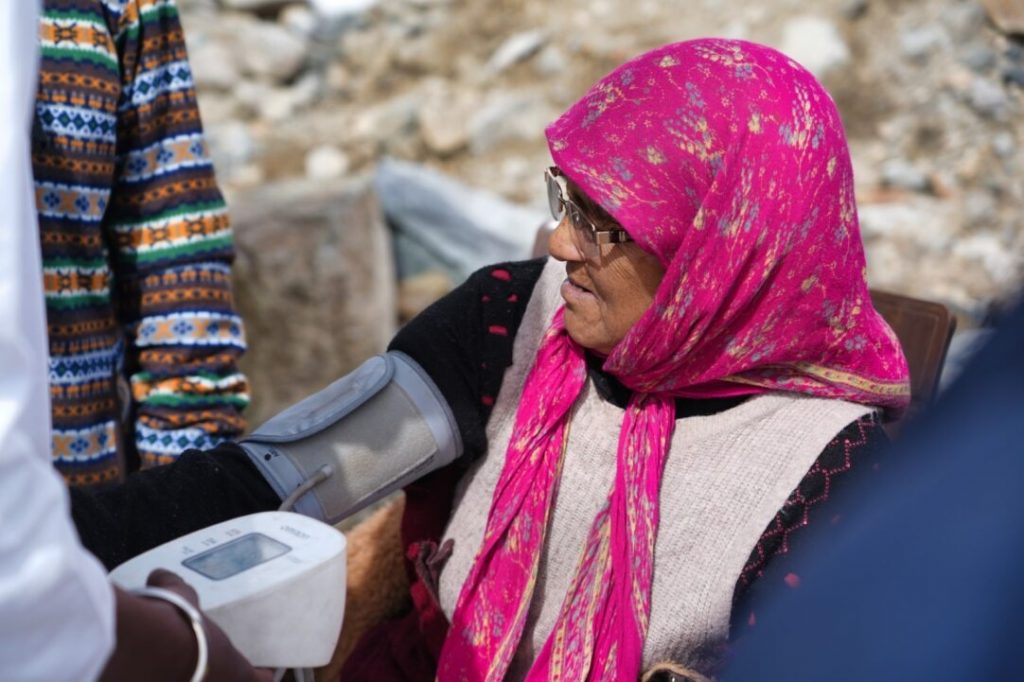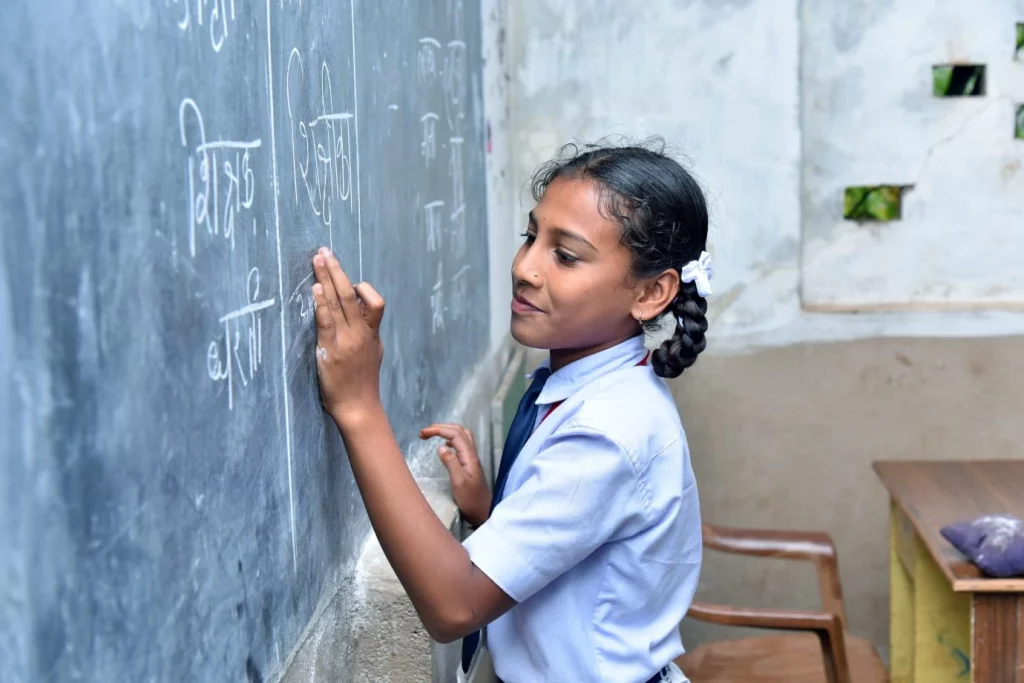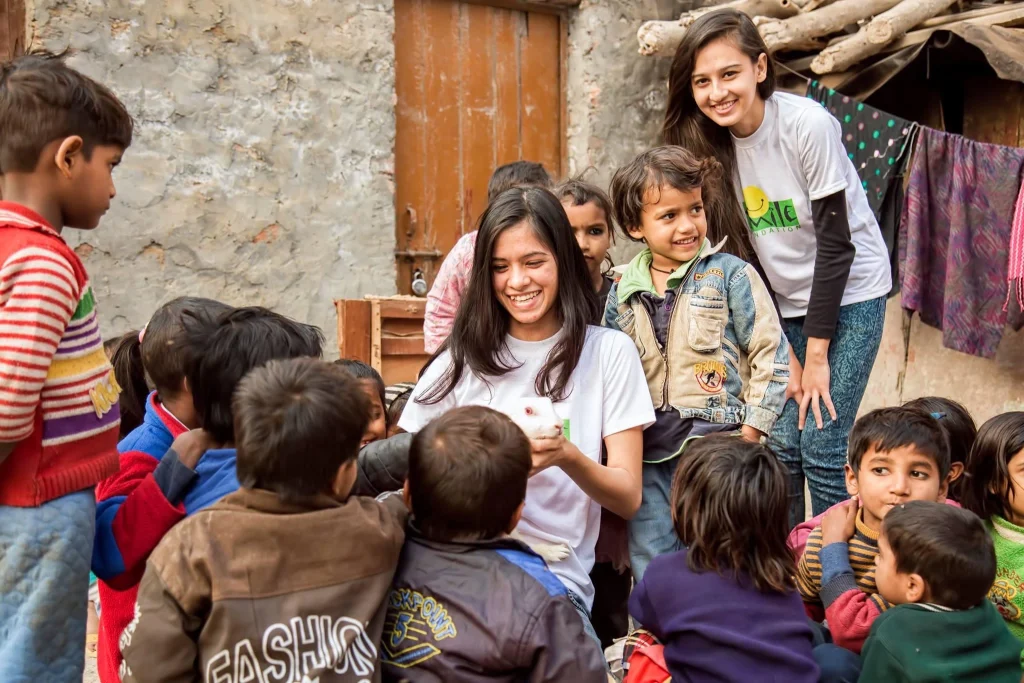Deep-rooted gender stereotypes have, for centuries, dictated societal norms in India. Education acts as a force to challenge and dismantle these stereotypes. When girls receive an education, it sends a powerful message that their capabilities extend beyond traditional roles. It challenges preconceived notions and fosters an environment where every girl can dream without limitations.
Education is the gateway to social and economic mobility. For the girl child, it opens doors to opportunities that were traditionally elusive. An educated girl is more likely to enter the workforce, contribute to her family’s income, and break the cycle of poverty. This not only transforms individual lives but uplifts entire communities.
Girl child education is intrinsically linked to health outcomes. Educated girls are more likely to make informed choices regarding their health and well-being. They are better equipped to understand nutrition, access healthcare, and make decisions that positively impact their overall health. This interconnectedness between education and health contributes to the holistic development of the girl child.
One of the significant challenges facing girls in India is the prevalence of child marriage. Education serves as a powerful deterrent to this practice. When girls are enrolled in schools, it delays the age of marriage. Education empowers them to envision a future beyond early matrimony, providing the tools to negotiate a path of their choosing.
Policies targeted at the education of the girl child pave the way for a generation of women who are not just educated but also economically independent. When girls are educated, they are better equipped to enter the workforce, contribute to economic growth, and break the cycle of poverty. Economic empowerment through education becomes a cornerstone for building resilient and self-sufficient communities.
These are the top 5 education schemes designed to uplift the status of the girl child in India–
- Sarva Shiksha Abhiyan (SSA)
Launched in 2001, Sarva Shiksha Abhiyan is one of the flagship programs of India for universalizing elementary education. SSA aims to provide free and compulsory education for all children aged 6-14 years. For the girl child, SSA emphasizes bridging gender gaps in elementary education by ensuring increased enrollment, retention, and completion. The policy focuses on constructing gender-segregated toilets, appointing female teachers, and fostering a girl-friendly environment to make schools more accessible and conducive to the education of girls.
- Beti Bachao, Beti Padhao (BBBP)
Initiated in 2015, Beti Bachao, Beti Padhao (Save the Daughter, Educate the Daughter) is a holistic campaign addressing the declining child sex ratio and promoting the education of the girl child. The program integrates education, health, and awareness components to challenge stereotypes and discriminatory practices. It emphasizes the importance of education in empowering girls and encourages communities to celebrate the birth of a girl child. The policy aims to enhance the value placed on girls in society and promote their education from an early age.
- National Scheme of Incentive to Girls for Secondary Education
Launched in 2008, this scheme focuses on encouraging the enrollment of girls in the 9th and 10th standards and reducing the dropout rate. The policy provides a direct transfer of funds to the bank accounts of eligible girls upon fulfilling certain criteria, including passing the Class 8 examination and enrolling in Class 9 in a government-aided or local body school. By offering financial incentives, the scheme aims to mitigate economic barriers that often hinder girls from pursuing secondary education.
- Rashtriya Kishor Swasthya Karyakram (RKSK)
Recognizing the importance of adolescent health and education, RKSK was launched in 2014. While not exclusively an education policy, RKSK is crucial for understanding the broader context of the girl child’s well-being. The program addresses various health and social issues faced by adolescents, including girls, and aims to empower them with information and life skills. By ensuring the overall well-being of adolescent girls, RKSK contributes to creating an environment conducive to education.
- National Education Policy (NEP) 2020
The National Education Policy 2020, a landmark reform in India’s education landscape, underscores the significance of equitable and inclusive education. NEP 2020 focuses on foundational literacy and numeracy, promoting multiple pathways to learning, and integrating vocational education. It emphasizes the inclusion of girls in science, technology, engineering, and mathematics (STEM) education and encourages the elimination of gender-based stereotypes. NEP 2020 is a visionary step towards fostering a gender-responsive education system that empowers the girl child for the challenges of the 21st century.
Smile Foundation and Girl Child Education
The commitment of India to ensuring education for every girl child is reflected in these transformative schemes. By addressing socio-economic barriers, challenging stereotypes, and fostering a supportive environment, these policies contribute to creating a generation of empowered women who can actively participate in and contribute to the nation’s progress. As we move forward, it is imperative to continue refining and implementing these policies to build a future where every girl has the opportunity to unleash her full potential through education.
Participate in Smile Foundation’s She Can Fly initiative, a dedicated effort to empower women and girls, fostering their self-reliance and encompassing impactful interventions in education, vocational and skill training, as well as healthcare and nutrition. Moreover, it serves as a crucial stride towards fostering awareness within the broader civil society, fostering the creation of a society that is unbiased and equitable. Together, let’s make a lasting impact on the journey toward a gender-neutral society.

